Post Views: 2,192
ViewsThe End of Carpooling?
Whether you’re letting a family member borrow your car or driving to the beach with a friend, health experts are advising against sharing a vehicle with others during the COVID-19 pandemic. Health professionals believe the risk of transmission in a car can depend on the size of the car, the person you are in the car with, and who they have been in contact with recently. All of these factors and more determine the risk of spreading the virus.
There has been a surge in the number of people carpooling in the last few years, especially to work. This has been done in an effort to preserve the environment and has fewer cars on the road. In the past, many people have enjoyed the benefits of using the HOV lane on the expressway to skip some of the traffic while also getting to work faster in an eco-efficient vehicle. However, with the CDC now telling people to social distance, this makes the past behavior of carpooling gone for the foreseeable future. The same can be said about mass transit.
For one, you can’t socially distance in a car, even with the windows open. In any given vehicle you’re within 2 feet of another individual who could be an asymptomatic carrier and could infect your vehicle without even having symptoms. A family member who is more susceptible to becoming sick with the virus due to older age and underlying conditions could contract it by being in the same car and touching the seat belt, for instance.
The Future of Uber and Lyft
Workers who previously made their living by being an Uber or Lyft driver have an unclear path for the immediate future. After being told for months by health officials to avoid other people as much as possible, the idea of getting into a vehicle of someone you don’t know is sure to cause anxiety. Before this virus, I personally never felt fear of becoming ill from going in a taxi or Uber vehicle.
There are other risks to taking ride-sharing services, which include assault or theft. Although becoming sick with a disease was never at the forefront of your mind. It is nearly impossible to get around NYC, for example, without the use of a taxi or Uber driver. Many have become disenchanted with the crowded trains and subways during the morning commute, and this gives them all the more reason to travel separately. However, all of this is subject to change as we eventually return to some semblance of normalcy.
Ever-changing Information
The information on the coronavirus seems to change almost weekly, as this is a new disease. At first, it was thought that if you had the antibodies, you couldn’t catch the virus a second time, now they are not sure. Also, the CDC thought that if you caught the virus once you could not catch it again, this has been disproved by a patient who has recovered from the virus only to catch it again months later. With so much conflicting information being given, it’s hard to decipher how long the virus droplets could live on surfaces such as doorknobs, desks, or phones.
Clean Your Car Regularly
If you must share a car with a family member or friend, then the best line of defense is to clean your car regularly. Cleaning your vehicle right after dropping off another person who was in your car, is very important. It is recommended by health experts to pay attention to the places the person touched. Of course, this means the seat belt buckle, but if they adjusted the volume on the radio, you should clean that button as well. Use disinfectant products carefully in your car and follow directions as you don’t want to cause damage to the material. Be sure to wear disposable gloves as well.
Keeping You & Your Passengers Safe
There are certain steps you can take to ensure the safest possible car ride if you and others need to share a vehicle for the time being. These include the following:
- Wash your hands before entering the vehicle with soap and water.
- Avoid touching your eyes, nose, or mouth with unwashed hands.
- Have an alcohol-based hand sanitizer with at least 60 percent alcohol.
- Wear a face covering if in the vehicle with another person.
- Cover your mouth and nose with a tissue when you cough or sneeze.
- Avoid handling money, if possible. Wear gloves if you need to.
- Ask your passenger to sit in the back to physical distance.
The future is uncertain and the way we travel will be reimagined in different ways. This has already been mentioned with apps that disclose how densely packed a train or subway car is. People may not carpool with friends or coworkers for some months to come. Transportation as a whole will definitely have long-term impacts and changes to reduce density and prevent disease.
One comment on “The End of Carpooling?”
Leave a Reply
The End of Carpooling?
By nurseadvisorofficial
Whether you’re letting a family member borrow your car or driving to the beach with a friend, health experts are advising against sharing a vehicle with others during the COVID-19 pandemic. Health professionals believe the risk of transmission in a car can depend on the size of the car, the person you are in the car with, and who they have been in contact with recently. All of these factors and more determine the risk of spreading the virus.
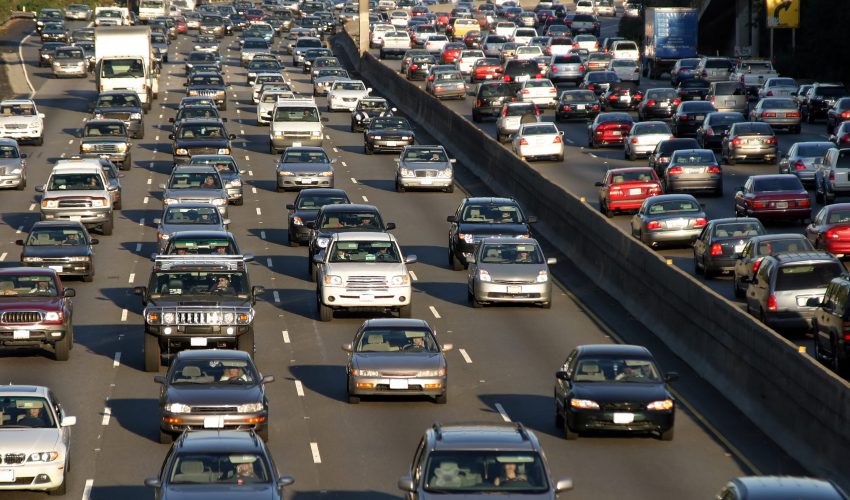

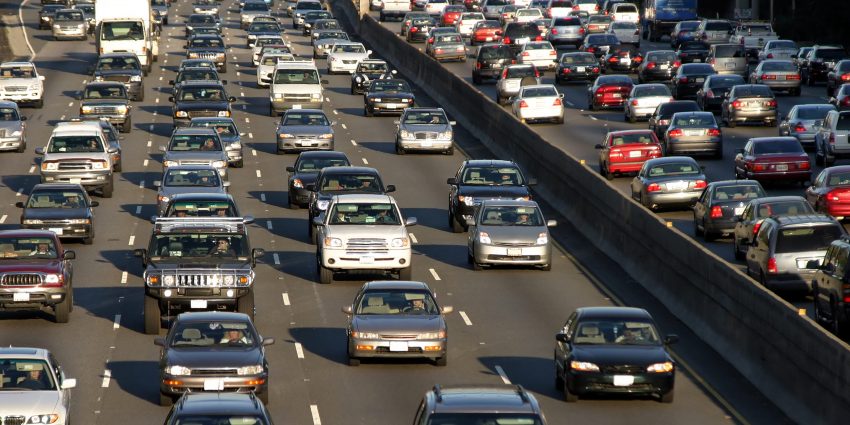
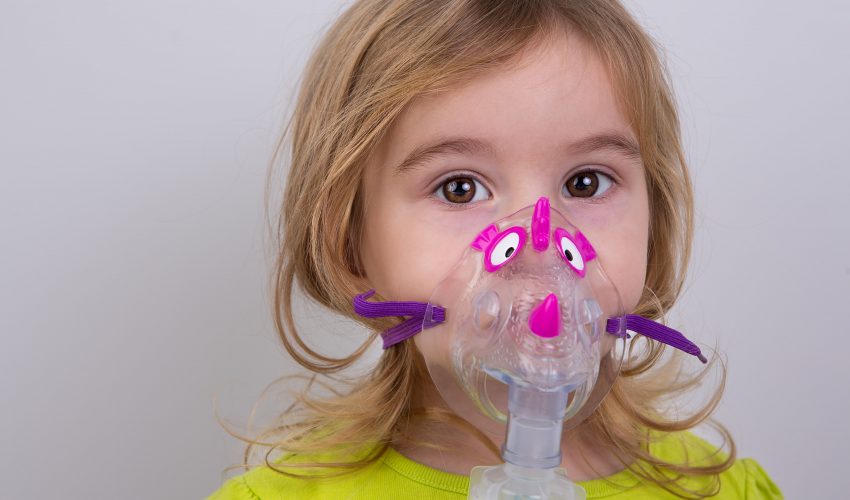
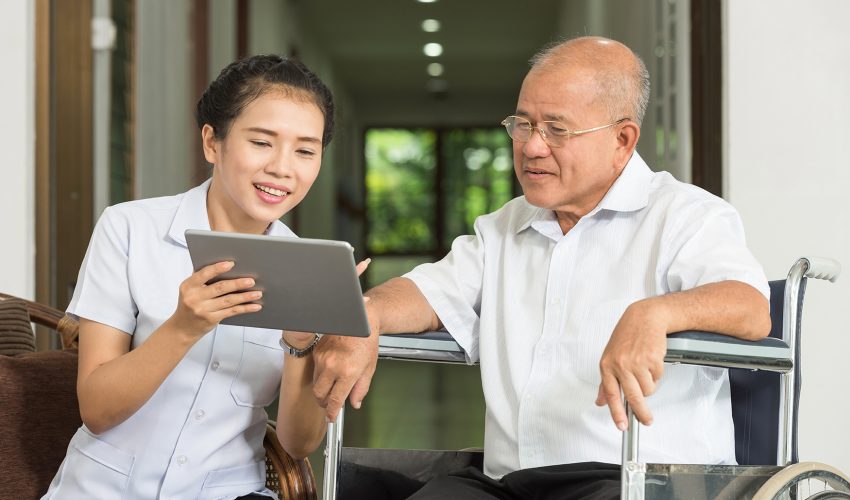



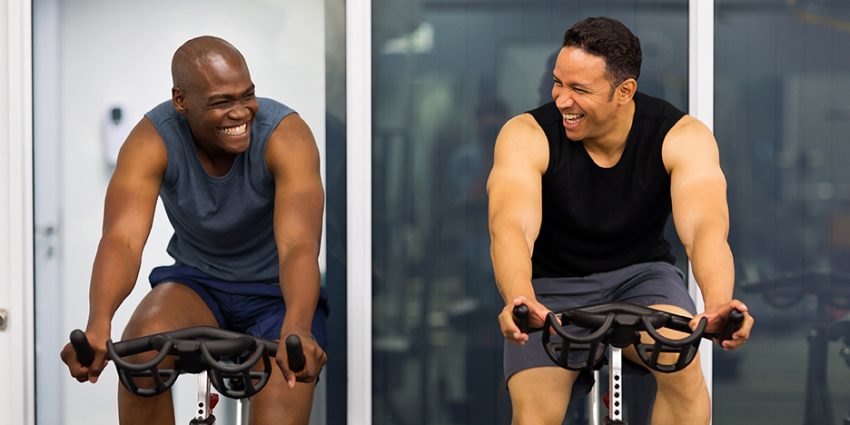





LOST BITCOINS RECOVERY TESTIMONY
Being a scam victim can be depressing, you were given empty promises. They usually stop replying after achieving their aim which hurts even more, i have been there too as I was too ambitious and wanted to get back my lost Btc worth $412,000. I never thought I would be getting back a dime back and already lost hope until I contacted this Verified Recovery expert Morris Gray which was with a leap of faith, as I wasn’t going to go down without a fight. I was able to recover a significant part of my BTC through these recovery experts. Do not brood alone, make a move too. Write to him on email at ( MORRIS GRAY 830 @ GMAIL COM ) or whats app +1 (607) 698-0239 for Quick responds.<<